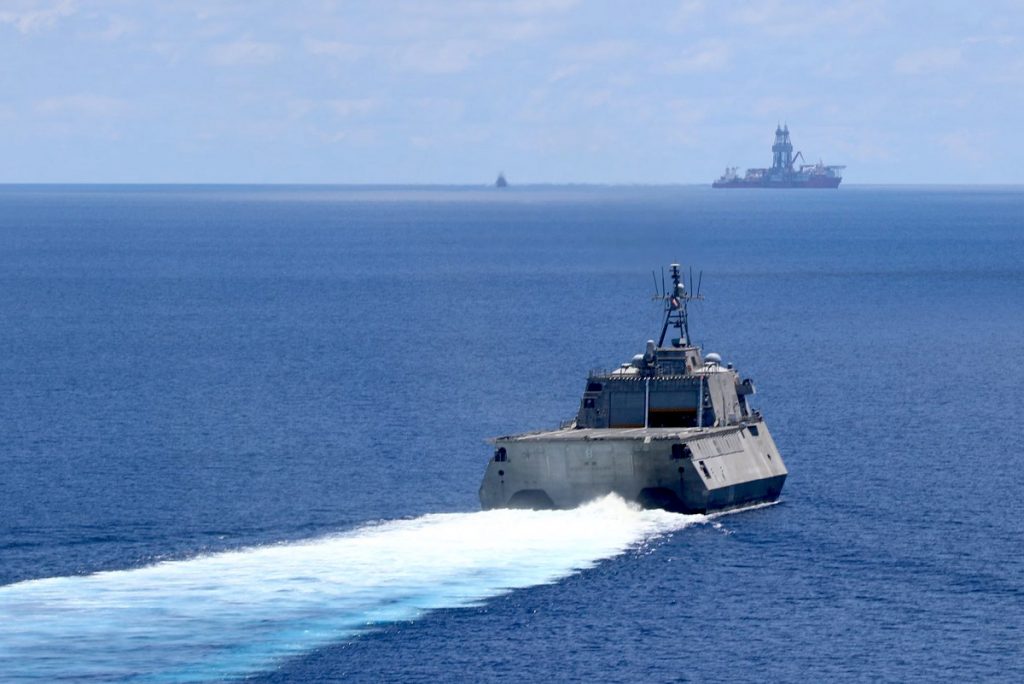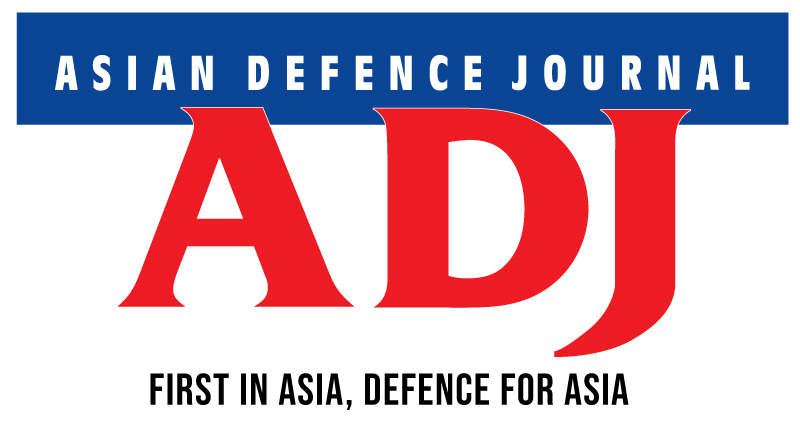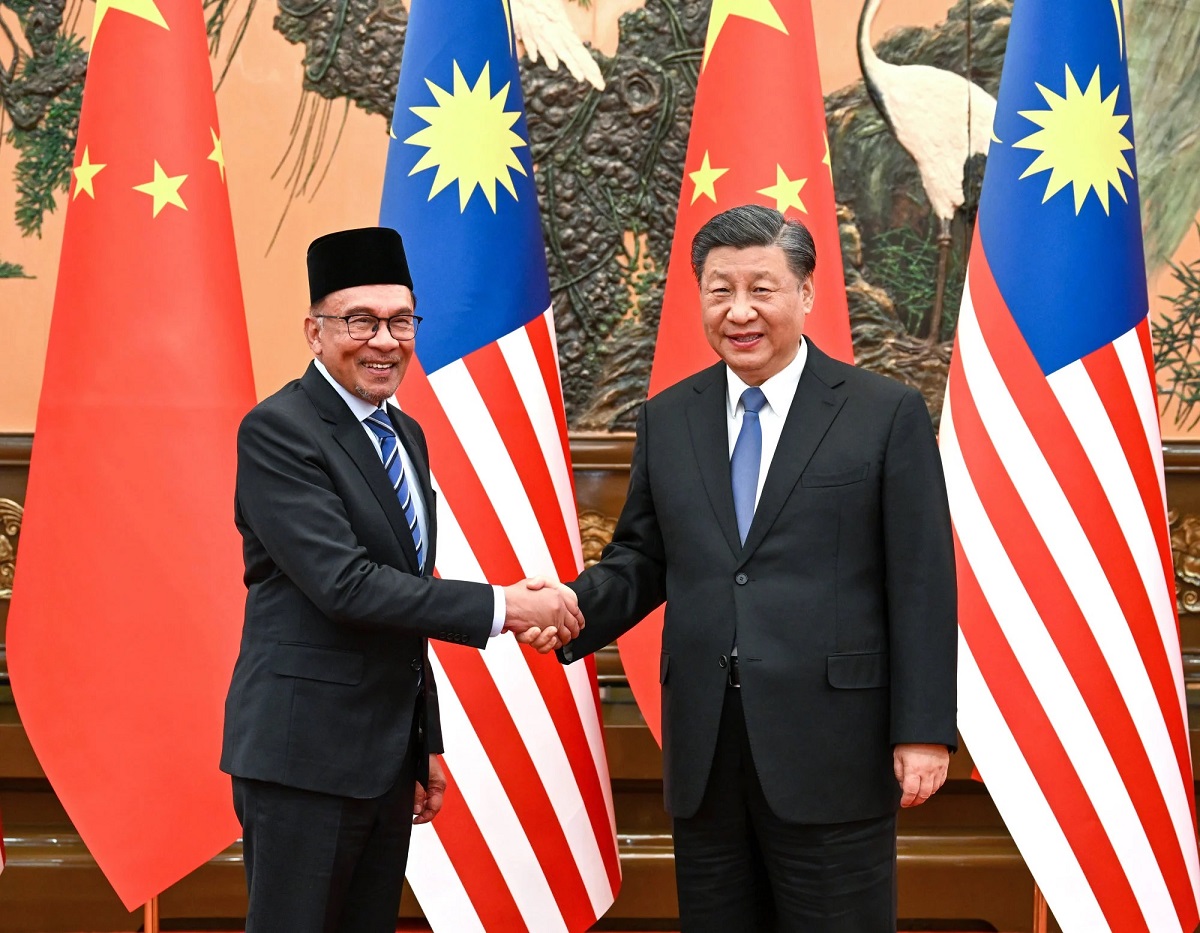Malaysia Prepared to Negotiate Over South China Sea but Energy Extraction to Continue
PUTRAJAYA: Malaysia is prepared to negotiate with China over the South China Sea dispute but will continue to extract energy resources from its own territory, its Prime Minister Anwar Ibrahim said Monday (April 3). He did not specify which dispute or which area of the South China Sea.
He said the issue was raised at the meeting he had with Chinese President Xi Jinping during his official visit to China over the weekend. He also said that the national oil and gas company, Petroliam Nasional or PETRONAS, has the largest platform for oil exploration operating in an area of the South China Sea.
“China is also staking claim over the area. I said as a small country that needs oil and gas resources, we have to continue (drilling and extracting), but if the condition is that there must be negotiations, then we are ready to negotiate,” he said when speaking at a government event at the federal territory of Putrajaya near here.
During his visit to China, in which Malaysia secured RM170 billion worth of investment commitments from China.
China remains Malaysia’s largest trading partner for 14 consecutive years, with total trade of US$110.6 billion (RM488 billion) in 2022. On the investment front, China was the biggest foreign direct investor in Malaysia last year, with investments amounting to US$12.5 billion (RM55.16 billion).
It was reported that the Prime Minister was most likely referring to the tensions revolving around the development of the Kasawari gas field in the Malaysian part of the South China Sea in Block SK316 offshore Sarawak.
Petronas Carigali, a wholly owned subsidiary Petronas, is the developer and operator of the Kasawari gas field. First discovered in 2011, Kasawari has been under development for several years. It is estimated to hold about three trillion cubic feet of recoverable gas resources. Scheduled to come on-stream in 2023, Kasawari is expected to produce up to 900 million cubic feet per of gas per day.
Over the past years, Beijing has been persistent in challenging its neighbours’ oil and gas activities within what they claim as their own exclusive economic zones in the South China Sea.
Wary of superpower rivalry, Southeast Asian countries have mixed reactions towards the increasingly tense relationship between the United States and China but has appealed for stability. Negotiations between Beijing and the Association of South East Asian Nations (ASEAN) on a South China Sea code of conduct date back to more than 20 years.
The regional power and global economic powerhouse claims sovereignty over almost the entire South China Sea, through which about $3 trillion worth of ship-borne trade passes annually. China claims about 90% of the South China Sea via a U-shaped “nine-dash line” on its maps that cuts through the exclusive economic zones (EEZ) of five Southeast Asian countries –Malaysia, Brunei, the Philippines, Taiwan and Vietnam.
Petronas operates oil and gas fields in the South China Sea within Malaysia’s EEZ and has in recent years had several encounters with Chinese vessels.
Speaking at the renowned Tsinghua University in Beijing, following his attendance at the Boao Forum for Asia (BFA) in Hainan, Anwar said that Malaysia does not see China as a competitor nor a threat, even if some disagreements exist between the two countries. “Since there is no outright threat from China, we are happy to be a good neighbour, a friend and to benefit from their success,” he said.
Prime Minister Anwar said he also touched on the issue of Myanmar and the Rohingya refugees, despite knowing that China practices a policy of non-interference.
“China is close to Myanmar, but its policy is not to interfere. I said we do not intend to interfere in their affairs, but there are almost 200,000 Rohingya refugees here. So, whether we like it or not, what is happening in Myanmar in denying the rights of Myanmar’s own people, including the Rohingya, affects us,” he said. – adj/mhi/mgm (Pix: JPM/USNavy)
Top Pix: Prime Minister Anwar with President Xi. (Inside: The drillship Capella standoff incident of May 2020 in the South China Sea)



